In my never ending quest to master the art of aerial photography and videography I’m always on the lookout for the next best thing. I found just that in the Vulcan SkyHook 900mm Hexacopter. The SkyHook is heavy lift airframe ideal for professional aerial photography, surveying, security and other commercial applications, as well as the serious hobby flyer. Made from high grade carbon fiber and aluminum alloy, they are not only amongst the strongest and stiffest airframes available, but also can be easily reconfigured to any airframe layout using the same parts. Airframe sizes are available in 900mm, 1080mm and 1200mm spans and are able to be folded for transportation.
Pittsburgh Steelers Newborn Long Sleeve Jersey Coverall – Black, Cheap Jerseys free shipping, wholesale jerseys from china,Women’s New York Giants 5th & Ocean by New Era Red Baby Jersey Varsity Top Long Sleeve T-Shirt., Cheap Buffalo Bills Jersey, wholesale jerseys
Unique Features
The Vulcan SkyHook can be fitted with the new Mantis-Z arms. The Mantis arms lift the front motors out of the view of the camera, even during fast forward flight. Other advantages include greater stability in wind, more stability during descent and it helps the pilot with machine orientation, a notoriously difficult thing to maintain when flying at any distance. The standard Mantis hexacopter comes with one Z arm and five standard arms, which works well with any 2 axis gimbal. I chose to use two Z arms. When using two Z arms you do have to consider the landing gear you are going to use. With this setup retracts are an ideal choice.
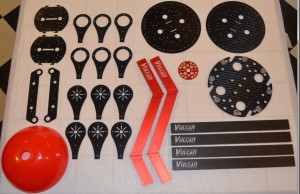
The Vulcan 900 comes in kit form but assembly is straight forward. Everything needed to complete the airframe is included, not shown are the pillars, nuts and bolts.
The SkyHook 900 comes with standard or high clearance landing legs which can be attached to any arm according to preference, and moved along the arms to allow an uninterrupted camera view. I chose to use DJI’s retractable landing gear; with the landing skids retracted the camera has the freedom to rotate through the full pan axis of 360 degrees without any viewing obstructions. Additional accessories include DJI’s WooKong-M (WK-M) flight controller with GPS, Zenmuse Z-15 with Panasonic GH-3 camera, On Screen Display (OSD), 5.8 GHz video system to transmit video down to the pilot for First Person View (FPV) flights or for a separate camera operator. Lastly is a 2.4 GHz downlink and Ground Control Station which allows the operator to view aircraft location, heading and altitude, as well as other flight data.
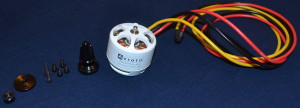
The Avroto LIFT series motors have a wide 25mm mounting hole measurement that will fit most heavy lift multi-rotor frames. They also include a 6mm prop shaft and a 3 hole mount adapter.
My SkyHook 900 Mantis kit came well packaged and consisted of 2 frame center plates, 4 aluminum alloy arms, 2 aluminum alloy Mantis Z-arms (red), 6 motor mounts, 3 landing legs, 2 standoff plates, battery tray, pillars, nuts, bolts and washers. In addition to the included parts I added a 12mm rail mount system so I could attach my Zenmuse and landing gear, a 200mm Vibration Isolation System, motor rings and a 250a power distribution board.
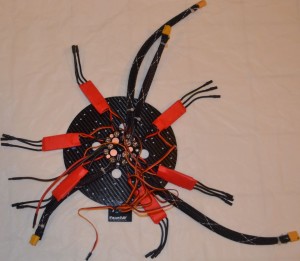
The Vulcan 250a power distribution board has plenty of copper contacts to accommodate all ESCs as well as two main power cables and accessories.
Construction was straight forward and the 13-page manual was easy to follow. The Vulcan Power Distribution Board is capable of handling 250 amps with 8 or more ESCs. One side connects all negatives and the other all positives. A total of 18 pairs of solder pads are provided and can be used as appropriate, 12mm diameter pads are provided for heavy duty battery cables, 9mm pads for ESCs and 7mm pads for other auxiliary power feeds. Due to the relatively thick copper a powerful soldering iron is recommended. Mounting holes for this board are pre-drilled in the Vulcan frame plates.
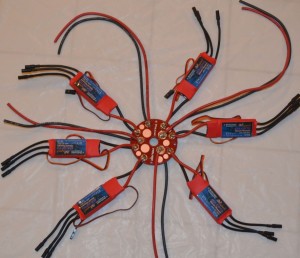
The 250a power distribution board is attached to the bottom of the center top plate. Also seen are the two battery leads as well as two power leads for the DJI Zenmuse and PDU. The Vulcan speed control programmer is attached and ready to calibrate all six Maytech speed controls.
The power system includes six new Avroto 3515 400kv LIFT motors spinning T-Motor 15×5 carbon fiber props. Six Maytech 45a Opto (Simon-K flashed) speed controls, two Turnigy 6S 5000 45C LiPos and a Scherrer UHF long rang receiver round out the electronics.
I used the Vulcan multi-speed-control programming tool to simultaneously calibrate the throttle on all six Maytech speed controls, this ensured they all were equal. I mounting the ESCs on the side of the arms with double-sided foam tape; this allows the arms to be folded as well as providing more airflow to the speed controls.
The Avroto LIFT motors are high quality, smooth running and durable brushless motors built for multi-rotor UAV applications. Jim at Monto RC was extremely helpful in choosing the correct motor and propeller combination for the SkyHook. These motors are the highest quality I’ve seen. They have proven to be dependable, efficient, and tough, plus I really like the cool white color.
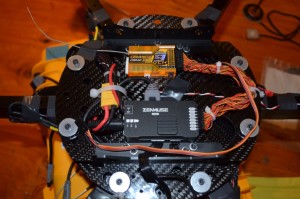
The Zenmuse controller and OrangeRX 9ch receiver are attached to the bottom of the 200mm Vibration Isolation System.
The WK-M IMU is placed on the top of the center plate with Vulcan silicone gel tape. The OSD, Power Management Unit (PMU) and 2.4 GHz downlink are surrounding the IMU on the top plate. The receiver and flight controller are located on the first standoff plate and the GPS antenna is on the top standoff plate. Underneath the 200mm Vibration Isolation System is the Zenmuse controller and 9ch receiver.
Conclusion
The Vulcan SkyHook is a solid frame with high quality parts. It’s well designed and the Mantis arms are an innovative solution in the race to get the perfect shot. The SkyHook’s highly-efficient dynamic system provides users with improved stability, greater payload lifting capability, and longer flight times. The super rigid construction coupled with the ability to reconfigure to any other airframe layout makes this an ideal system for aerial photography and videography. Add the amazing capability of the Avroto 3515 400kv LIFT motors with T-motor props and you’ve got that next best thing.
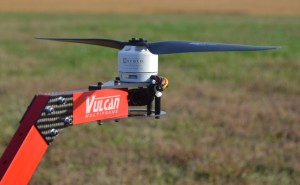
The Avroto 1315 LIFT motors with the T-Motor 15×5 carbon fiber prop are a perfect match for the Vulcan 900. They easily lift the hexacopter and all its equipment into the air with plenty of power to spare.
IN THE AIR
Assembly at the field or worksite involves unfolding four arms and emplacing four nuts and bolts. I keep my Vulcan fully intact most of time simply because I have enough room for it.
When the battery is connected the WK-M LED unit provides the status of the GPS connection as well as the battery status. The motor start sequence requires both transmitter sticks to be pushed to the bottom outside corners of the transmitter. The motors will start for 3 seconds, awaiting throttle input from the pilot. If no input is given the motors will stop. This is a safety feature provided by the WK-M to ensure that accidentally bumping the throttle will not start the motors. The Avroto 3515’s provide plenty of power to lift the SkyHook off the ground easily. Setting the throttle stick to mid position establishes a hover. After approximately 12-minutes of flight I reduced throttle slightly, the SkyHook slowly descended and lightly touched down.

The 2.4GHz downlink can been seen as well as the flight controller, PMU and GPS unit. Also in view are the silver and red antennas from the long range receiver.
I’ve made more than 20 photography and videography flights with the SkyHook, each flight gets better and better. This is an extremely capable machine.
GENERAL FLIGHT PERFORMANCE
Stability: My initial flights were in Atti. Mode, these were gentle lift-offs and landings, then progressing into a basic flight profile. This is a good mode to get a feel for how the SkyHook handles. Performing sweeping turns, figure 8s and buzzing around in this mode is exciting. GPS Atti. Mode is much the same as Atti. except you have the ability to hold a position over the ground as well as the added return home features. This is a great mode for aerial photography and videography. The SkyHook was rock solid and held its position extremely well in 13 mph winds.
Tracking: In GPS mode tracking in a straight line is automatic, in Atti mode you’ll have to compensate for wind drift.
Aerobatics: If the SkyHook could do any it would be in Manual Mode. Flying in Manual Mode was a bit nerve wracking knowing that I had no attitude compensation at all. The airframe is naturally stable and that showed while in this mode.
Glide and stall performance: The SkyHook is not capable of autorotation but WK-M has a useful Fail-Safe mode which can be set up to either land at its current location or return to its home point and then land if loss of radio signal or low battery.
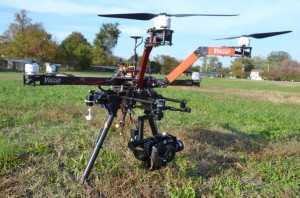
Flight preparation consists of plugging in the battery and waiting for the WK-M to initialize and acquire satellites. The Z-15 will rotate in all axes while initializing, the GH3 camera can be turned on manually or via an iPhone/iPad.
PILOT DEBRIEFING
The user manual is very thorough and I had no problems following it. I suggest downloading the manuals from the VulcanUAV website and studying it before the SkyHook arrives. Professional quality, vibration-free video is well within anyone’s grasp with this sturdy platform. To say the SkyHook is built like a tank would wrongly imply that it is heavy and not agile. This is far from the truth, it can easily whip around the sky or sit as still as a rock.
Specifications
MODEL: SkyHook Mantis 900mm Hexacopter
MANUFACTURER: VulcanUAV Ltd (www.vulcanuav.com)
DISTRIBUTOR: See vulcanuav.com for distributor list
TYPE: Multi-rotor: Hexacopter
SMALLEST FLYING AREA: baseball infield
IDEAL FOR: intermediate to advanced
FRAME DIAMETER: 900mm
READY-TO-FLY WEIGHT: 17 lb., 8 oz. (with Zenmuse and Panasonic camera)
RADIO: 6-channel minimum, 8+ channels recommended
BATTERY: 22.2v 6s 8000-12000mAh 25C
PRICE: SkyHook ARF ($425), WooKong-M Autopilot system ($1,199.00), Zenmuse Z15-G ($3,500), Avroto 3515 400kv LIFT motor ($120.00 each), Maytech 45a Opto Simon-K flashed ESC ($50 each)
GEAR USED
Radio: Futaba 9C, TSLRS 12ch rx (SkyHook): Spektrum DX8, OrangeRX 9ch rx (Zenmuse Z-15)
Motor: (6) Avroto 3515 400kv Brushless Outrunner (www.montorc.com), (6) Maytech 45a Opto-Eagle Simon-K flashed ESC (www.addictiverc.com)
Propeller: (6) T-Motor 15×5 carbon fiber (www.montorc.com)
Battery: (2) Turnigy nano-tech 6s 5000mAh 45C (www.hobbyking.com)
Autopilot: DJI WooKong-M flight control system
Camera gimbal: DJI Zenmuse Z-15G
Camera: Panasonic Lumix DMC-GH3 with 20mm pancake lens (www.panasonic.com)
HIGHLIGHTS
+Extremely stable flight performance
+Robust design
+Heavy lift capabilities
+Professional quality abilities at a fraction of the cost
By Kyle Matthew; photos by Elizabeth Jenny


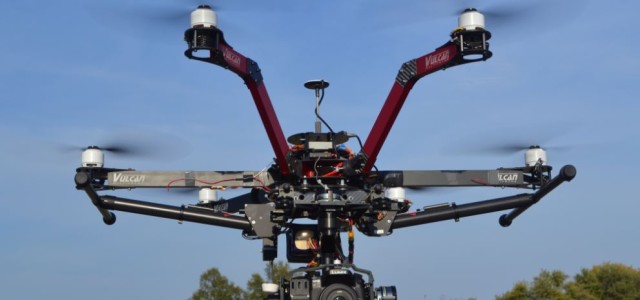
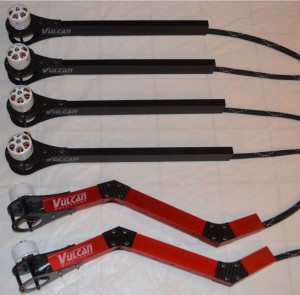













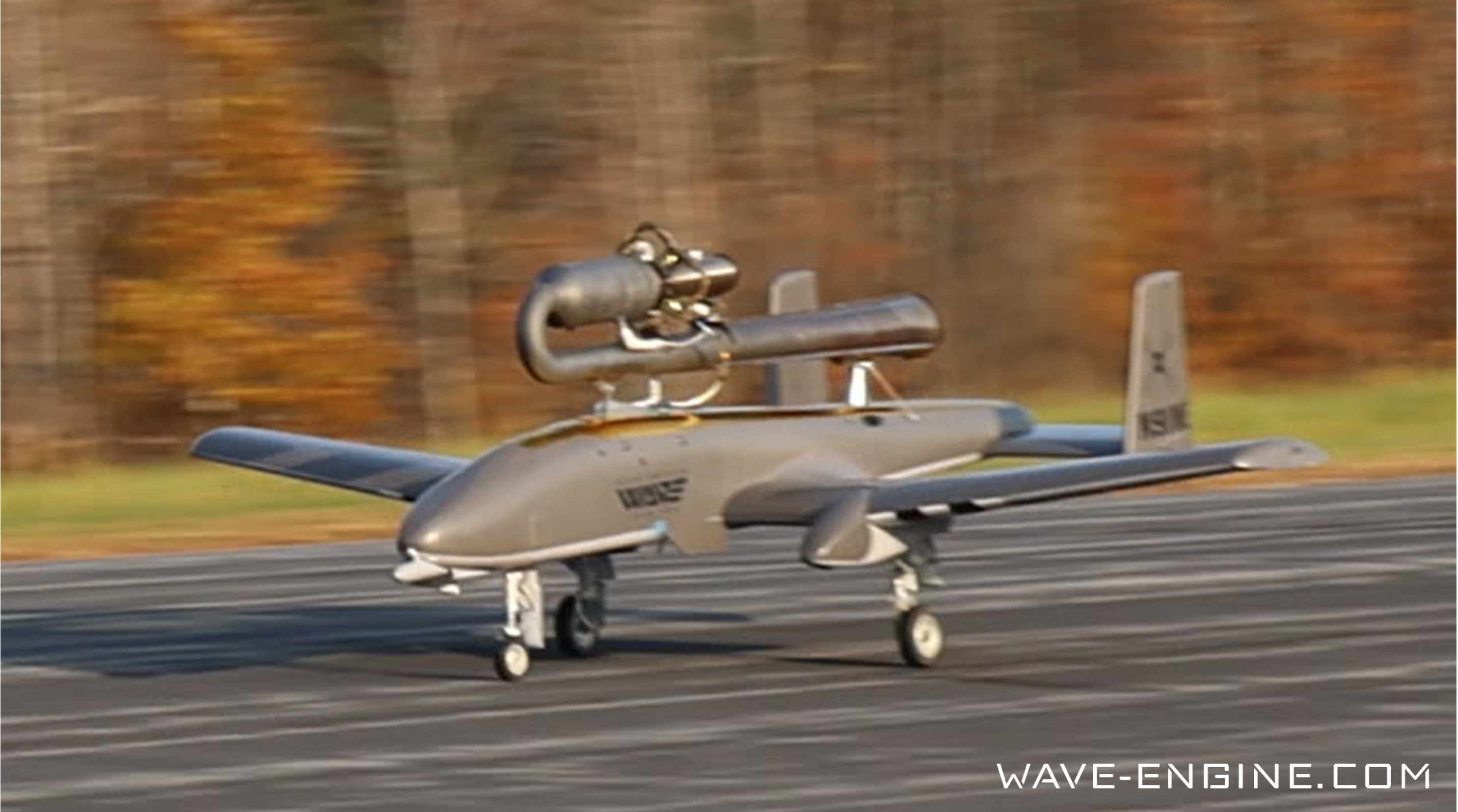

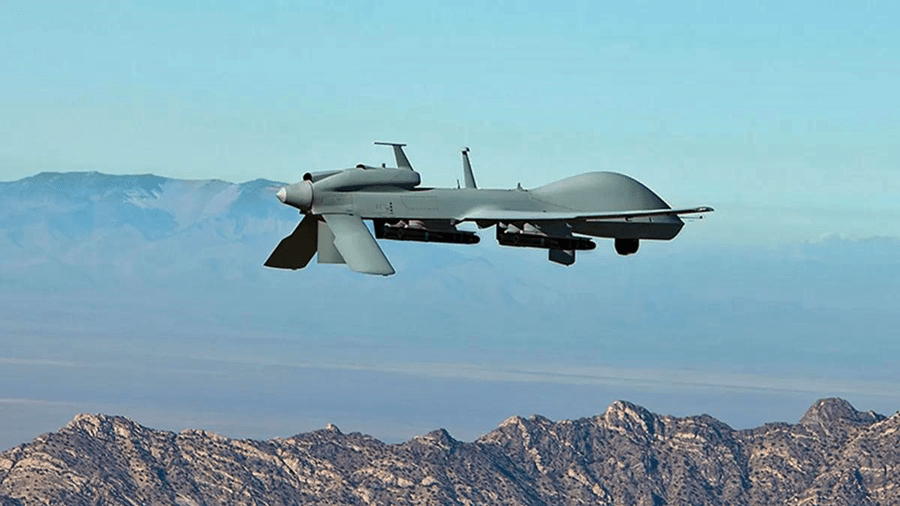


Thanks for the review, I’m a photographer and I would love to invest in one of these. Do you know if there’s a camera mount for DSLR Cameras, like the Canon 600D? Also where can I buy a fully assembled Vulcan Skyhook Hexacopter?
Hi, sorry for the really late response. You can buy a fully assembled, ready to fly Mantis or Raven here: http://www.offshoreuas.com
Hi, thanks and great article. How would you compare this to a cinestar 6 or 8? Is the props in the shot a big issue? I am looking at getting a heavily lift and I am down to the vulcan or cinestar really. Cheers
Hi, sorry for the late response. I’d say the air frame is more sturdy then a Cinestar which makes it a little heavier. Prop in the shot are a big deal, especially when flying at low altitudes with a shallow camera angle. I also fly a X8 without the raised arms and keeping the arms and props out of the shot is a struggle.